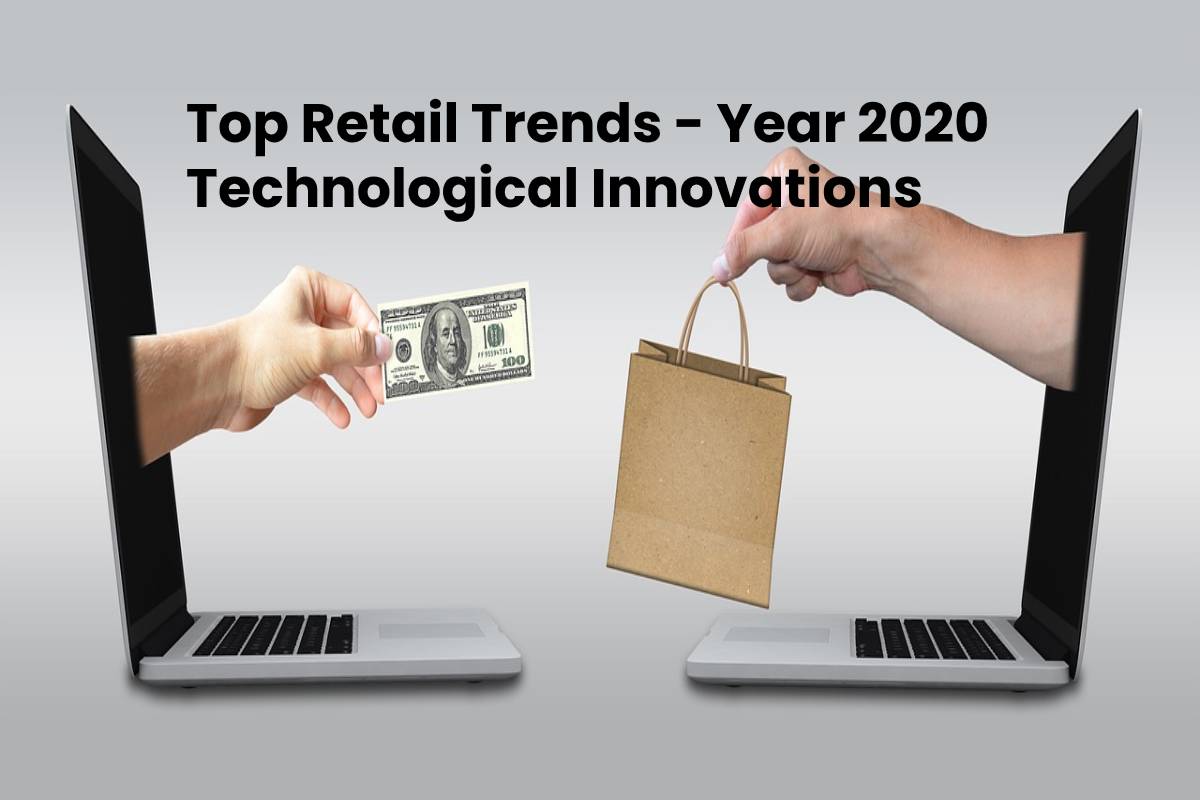Retail Trends With the onset of a new decade, the retail industry is undergoing a profound transformation, thanks to the addition of new technologies that have made it possible to optimize the way companies work and improve interaction with the end consumer.
Despite the rise of digital commerce, customers continue to favor being able to look, touch, smell, and taste what they want to buy, experiences that they cannot achieve through a screen.
On the other hand, technologies such as augmented reality, immediate dispatch, visual search, and social shopping also facilitate the action of Big Data in the industry, which contributes to improving logistics aspects and personalization in the service to consumers, which increases sales.
The renewal of companies in terms of digital trends is essential for their permanence over time. It would allow them access to more and better data about their potential buyers, allowing them to have a complete vision of what they want/need.
Table of Contents
Top trends that will change retail this 2020
Retail or retail trade is one of the industries that has experienced significant changes worldwide due to the rise of e-commerce and new technologies’ arrival.
Although the shopper’s relationship with physical stores was initially affected, the truth is that in recent times, the modern channel has been recovering its influence thanks to the advantages they offer to the consumer, which translates into delivering a better live and direct shopping experience.
For this reason, one of the keys that arise from this transformation is to enhance the benefits that a physical store can provide to people, taking advantage of technological advances to achieve this objective. In this sense, ten trends emerge that have already begun to be implemented and will change retail this 2020.
Experience store
Sales rooms are becoming a place that provides more than just the opportunity to purchase a product, creating spaces where the customer can make a better purchase decision. It is what happened with Sephora in Spain. Last year, it implemented the “Beauty Mirror,” a mirror with Artificial Intelligence that analyzes the consumer in real-time and recommends the products that best suit them, avoiding later disappointments for choosing something that not accommodates what you need. Thanks to this, the store can better connect with shoppers, offering an exceptional shopping experience, which facilitates loyalty.
Immersive technologies
Augmented reality (AR) and virtual reality (VR) stopped being a futuristic fantasy to become a powerful presence that has transformed the retail industry. While AR allows virtual elements to get superimposed on their physical environment, VR helps them “live” an experience thanks to a viewer, allowing the shopper to try a product as if it were in a store without going to it. According to Gartner estimates, 100 million consumers will take advantage of the possibilities that AR provides to make online and retail purchases in 2020. Over the past couple of years, retail software development has made a huge breakthrough and has firmly entered the daily life of every modern person.
No plastics
Concern for the environment has generated a change in shoppers’ mentality, who are more aware of their consumption habits on the planet. According to Kantar’s report called “Who cares, who does? Consumer response to plastic waste”, 43% of those surveyed want a less plastic wrap for fresh food. In comparison, 39% would like this material not to wrap fruits and vegetables, which implies a series of challenges to the food industry, to replace plastic with more Earth-friendly packaging.
Immediate dispatch
When it comes to buying online, shoppers have become much more demanding with dispatch times and have their orders as soon as possible. According to a PWC study, 88% of consumers are willing to pay for their product to arrive the same day they bought it. For example, Amazon implemented the Prime Air service, using drones to deliver orders in 30 minutes or less.
Mini warehouses
This trend seeks to bring products closer to final consumers through “micro fulfillment” centers in cities, which allows them to shorten costs and dispatch times and facilitate competition against large companies. For example, Albertsons, a North American supermarket chain, partnered with Takeoff Technologies, a robotics startup, to pilot a “micro fulfillment center.” It is the first alliance to be made nationally in the United States.



